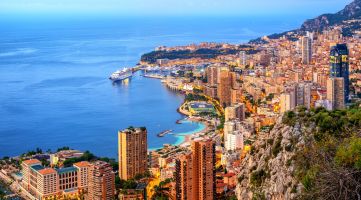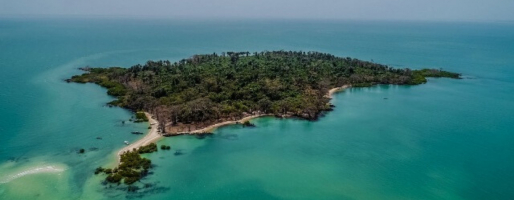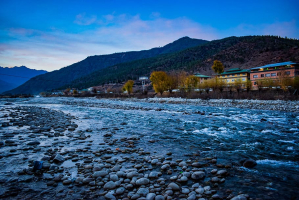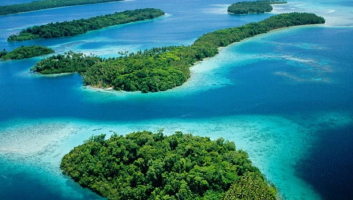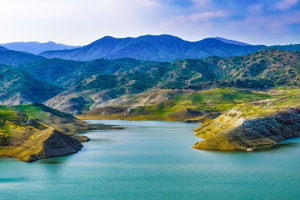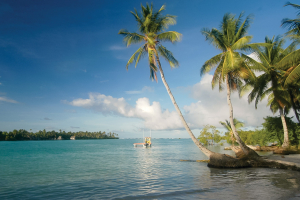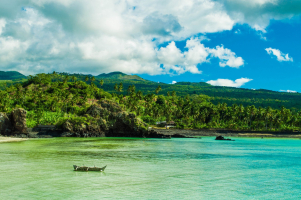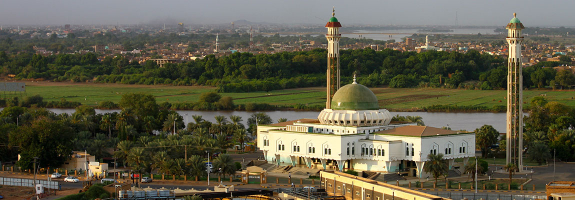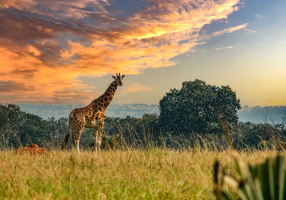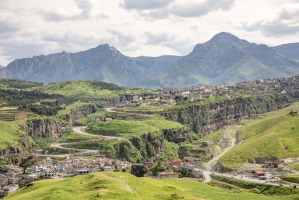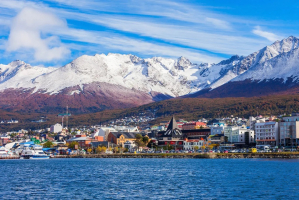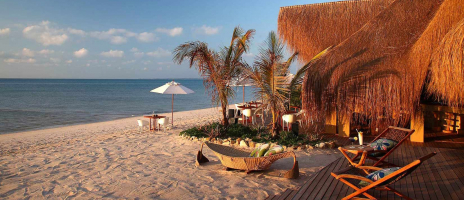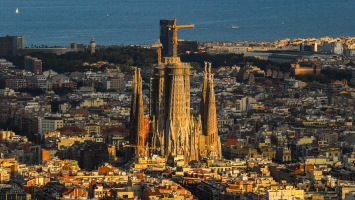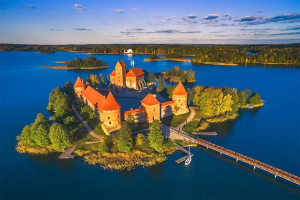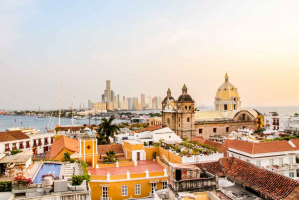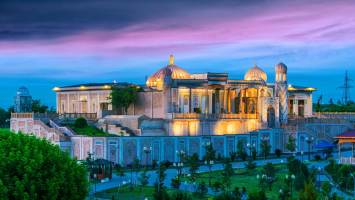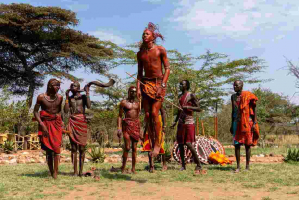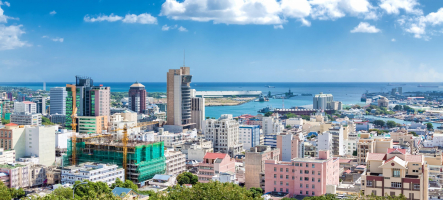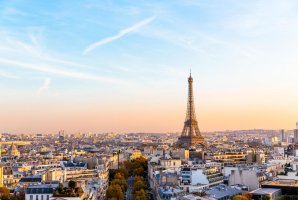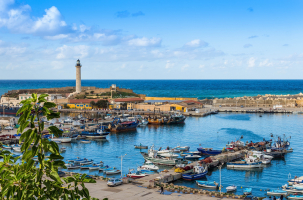Top 10 Things to Know Before Traveling to Central African Republic
More people are displaced than ever before, half of the population need humanitarian assistance, and humanitarian workers labor in one of the world's most ... read more...hazardous countries. Here’s Things to Know Before Traveling to Central African Republic.
-
Location is also one of the things to know before traveling to Central African Republic. Central Africa is home to the Central African Republic (obviously). Cameroon is bordered on the west by the Central African Republic, on the north by Chad, on the east by Sudan and South Sudan, and on the south by the Democratic Republic of the Congo and the Republic of the Congo.
Travel to the Central African Republic is severely discouraged since it is bordered by many other war-torn nations and confronts challenges such as poaching, military brutality, and general lawlessness.The country's past, like that of other African countries, is tainted by European colonization, the vestiges of which can still be seen in several of the continent's major towns. The nation, on the other hand, has its own appeal, which comes in all kinds and sizes, from rare butterflies to gorillas and elephants. The Central African Republic is around 620,000 square kilometers in size (240,000 sq mi). It has a population of roughly 4.7 million people in 2018. The Central African Republic has been in the midst of a civil war since 2012.
The Sudano-Guinean savannas cover the majority of the Central African Republic, although there is also a Sahelo-Sudanian zone in the north and an equatorial forest zone in the south. The Ubangi River basin (which flows into the Congo) encompasses two-thirds of the nation, while the Chari River basin (which flows into Lake Chad) encompasses the other third. So, location is among the top Things to Know before Travelling to Central African Republic if you want to book flight to get there.
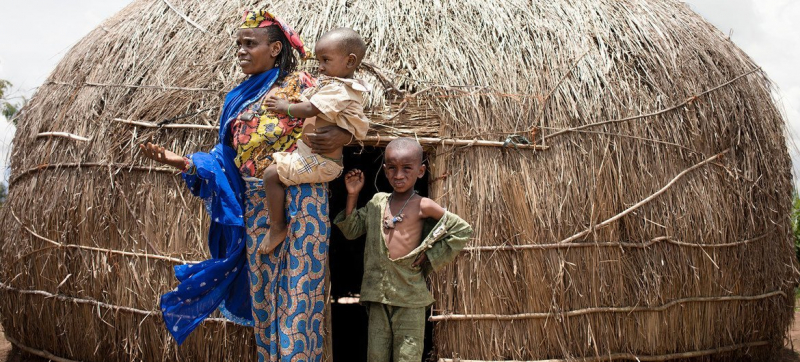
https://www.nrc.no/ 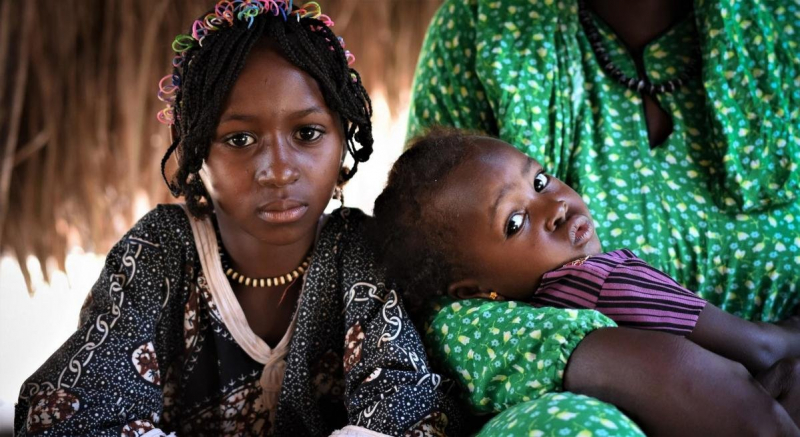
https://www.nrc.no/ -
In the Central African Republic, various armed organizations and militias are in charge. Armed groups and militias are considered to control up to 80% of the nation, putting the central government's authority in jeopardy wherever they operate. If you wish to travel to the Central African Republic safely, this is one of the most important things to know.
Due to armed groups' control, many internally displaced people have been unable to return home. The attacks on UN peacekeepers have been denounced by the United Nations. You should avoid traveling alone on deserted highways to protect yourself. Cheering, manipulation, or armed aggression are not acceptable. Take personal safety precautions if you decide to stay.
Your safety cannot be guaranteed by law enforcement or peacekeepers. The Lord's Resistance Army (LRA) assaults people on a daily basis in the CAR's southeast, particularly in Haut-Mbomou province. Keep an eye out for any dangers. Kidnapping and brutal crime are commonplace. Foreigners are a target for kidnappers. When transporting significant sums of money, use extreme caution. If at all feasible, divide it among your traveling partners.
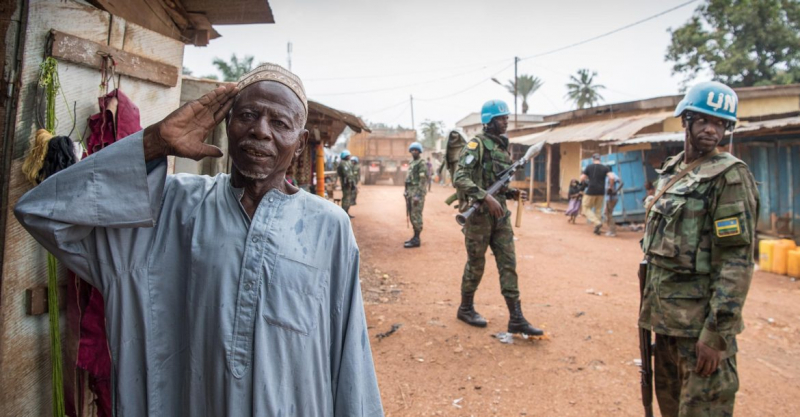
https://travel.gc.ca/ 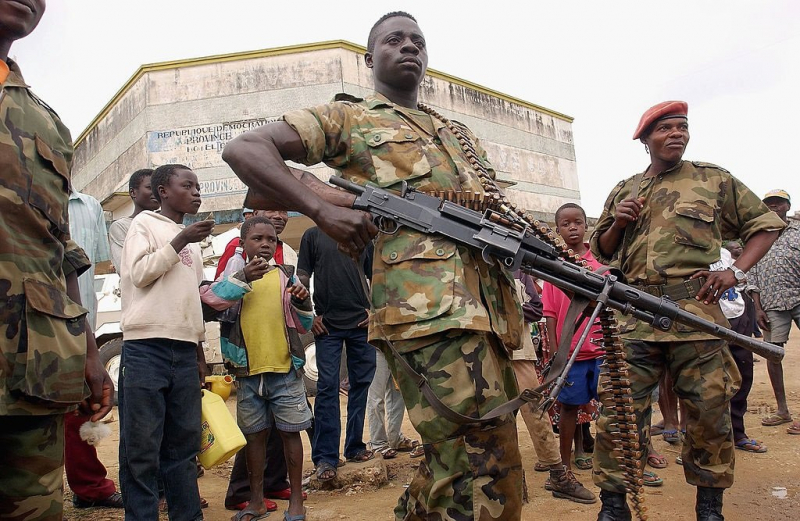
https://travel.gc.ca/ -
In CAR, Humanitarians are often targeted. For humanitarians, the country is regarded as one of the most hazardous in the world. According to the Aid Worker Security Database, 25 aid workers were slain in 2017 and 2018. (AWSD).
Despite the demands of the afflicted and displaced communities, this often leads to assistance organisations suspending their operations. The assaults led one humanitarian group to halt its mobile clinics and efforts aimed at improving clean water access for 11,000 people in Basse-outlying Kotto's districts.
Thousands of vulnerable people's lives are put in jeopardy every time humanitarians are attacked. Aid workers who help individuals in desperate situations should not be harmed.
The CAR's population is estimated to be over five million people, with more than half of them relying on humanitarian aid. In the Central African Republic, civilians are the principal victims of the conflict, and humanitarian aid is a matter of life and death for millions of people.Humanitarians who come to their aid in a neutral and unbiased manner must have unrestricted access. If you are a Humanitarians, avoid sharing personal information with strangers. In general, humanitarians are often targeted so that keeping information confidential is relatively important, to avoid causing unnecessary conflict and hostility. So, humanitarians are often targeted is also one of the things to know before traveling to Central African Republic if you want to make your trip safer.
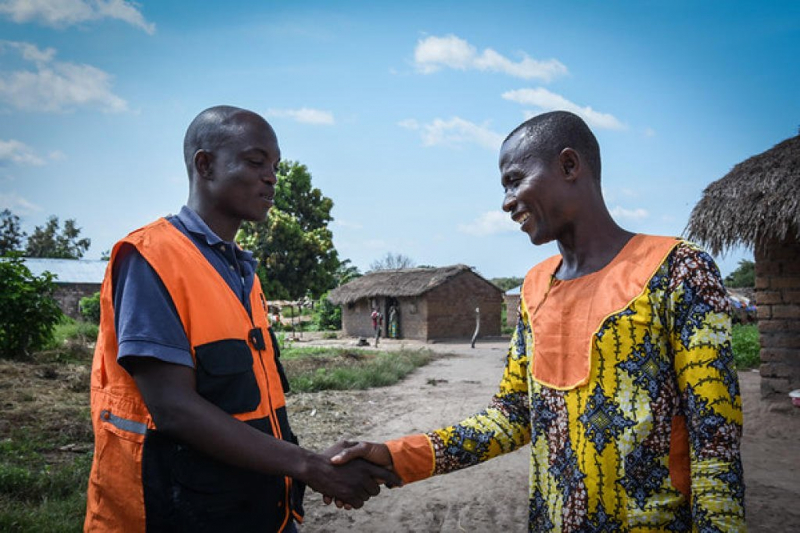
https://news.un.org/ 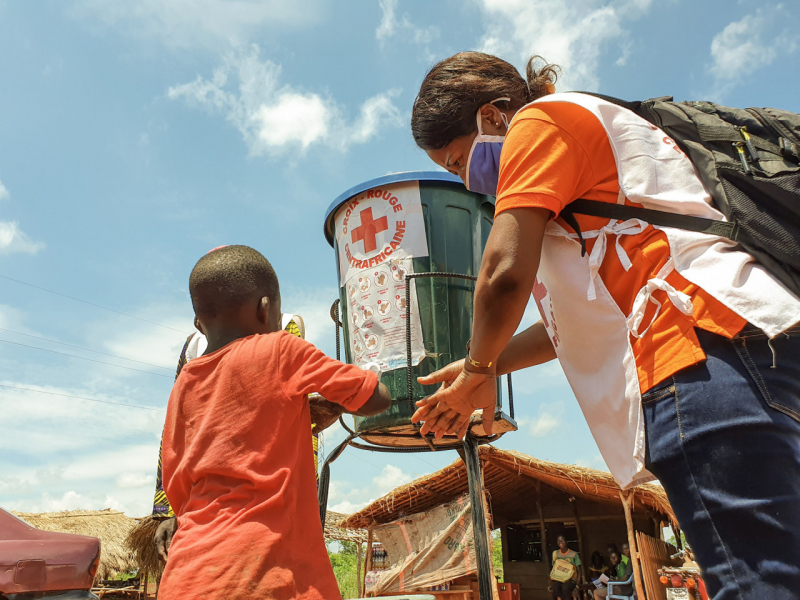
https://news.un.org/ -
Another of the Things to Know Before Traveling to Central African Republic is about health. To begin with, COVID-19 is still a threat in the Central African Republic. There are few medical facilities in the CAR, and pharmaceuticals are scarce. Importantly, if you become extremely ill or wounded, you may need to be evacuated; check your travel insurance to see whether this is covered.
Yellow fever is also widespread. It has the potential to be deadly. Before you go, you should be vaccinated. To enter the Central African Republic, you must present a valid immunization certificate. Malaria, filariasis, and African sleeping sickness are all prevalent insect-borne disorders. Insect repellent should be used. Make sure your lodging is insect-free.
Infectious infections are quite common. Hepatitis, typhoid, cholera, and monkeypox are among them. Drink bottled water or boil drinking water. Ice and uncooked or undercooked meals should be avoided. Additionally, in the Central African Republic, women's health is low. In 2010, the country had the world's fourth highest maternal death rate.
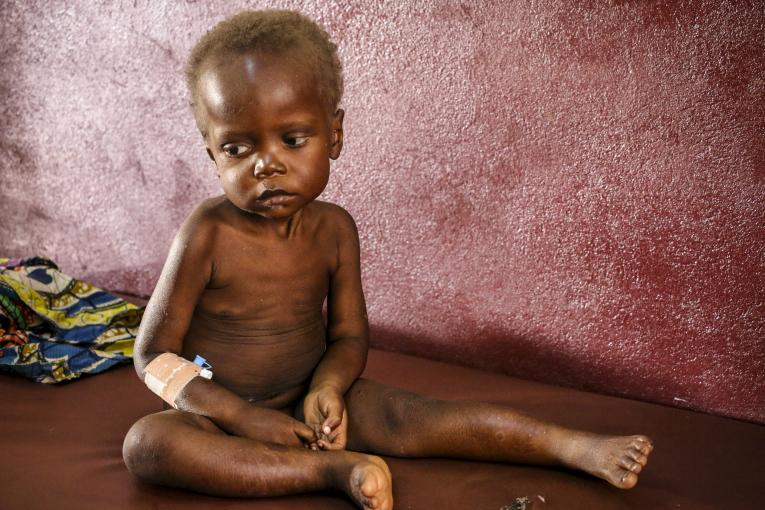
https://www.unicef.org/ 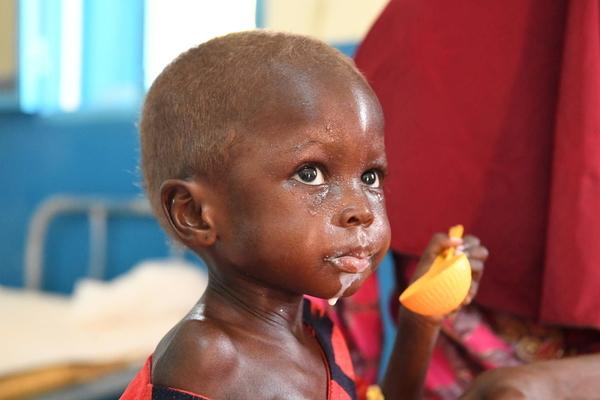
https://www.unicef.org/ -
A residency permit or a certified duplicate of your passport should be carried with you at all times. This important local laws is one of Things to Know Before Traveling to Central African Republic. Failure to present identification may result in police custody. The consequences of drug usage and possession are severe. Purchasing diamonds or precious stones is only possible through government-approved agencies. An export tax applies to all cultural artifacts.
When photographing in public locations, be cautious because permission is frequently required. Detention, fines, and camera seizure may result from photographing government property, uniformed local law enforcement officials, military sites, and troops. Taking images of persons who the authorities consider to be detrimental to the country's image (e.g., street children, people with impairments) is prohibited.
Outside of the city, people are often more tolerant about having their pictures taken, although you should always ask beforehand. The Ministry of Tourism can issue you a permission for more serious photography. In Central African society, homosexuality is not commonly tolerated, and some sexual actions between members of the same sex are banned.
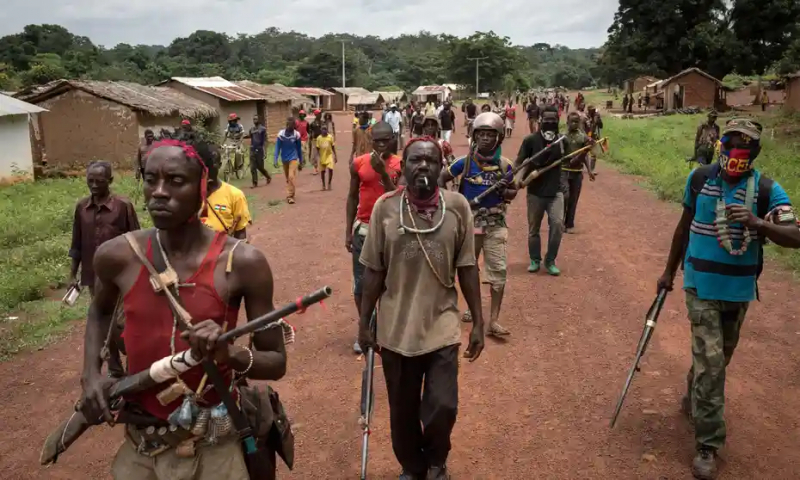
https://nypost.com/ 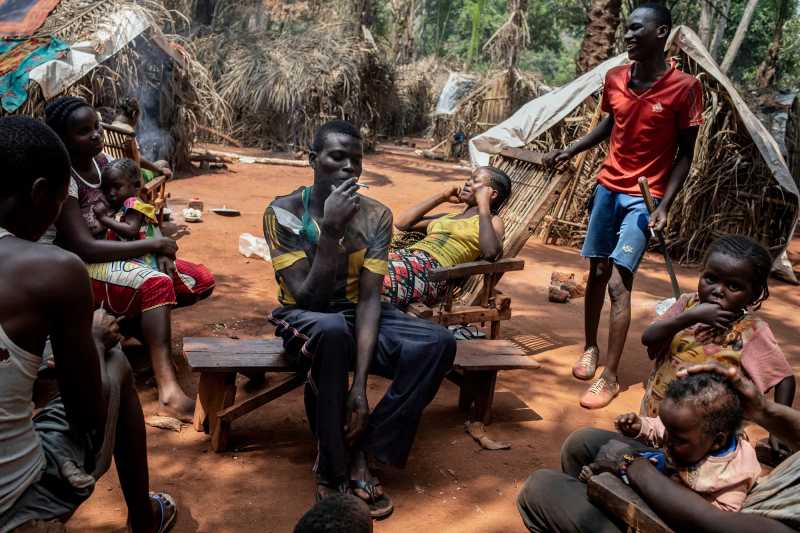
https://nypost.com/ -
On arrival, you may be compelled to self-isolate for 14 days. When traveling, certain inbound travellers may be required to perform a COVID-19 PCR test. Furthermore, land border crossings may close unexpectedly. As a result, you must arrange your journey properly.
After that, there's Aviation Safety Oversight. The US Federal Aviation Administration (FAA) has not assessed the government of Central African Republic's Civil Aviation Authority for compliance with International Civil Aviation Organization (ICAO) aviation safety standards because there is no direct commercial air service to the United States by carriers registered in the Central African Republic.
Another about Things to Know Before Traveling to Central African Republic is green buses and yellow cabs provide Bangui's public transit system, albeit these vehicles are sometimes dangerously overloaded and poorly maintained.
Unless your health or safety is in jeopardy, you should wait for the police or the Gendarmerie to come if you are involved in a traffic collision. In the Central African Republic, there are presently no distracted driving rules in place, however police may stop drivers who chat or text while driving for failing to observe safe driving procedures.
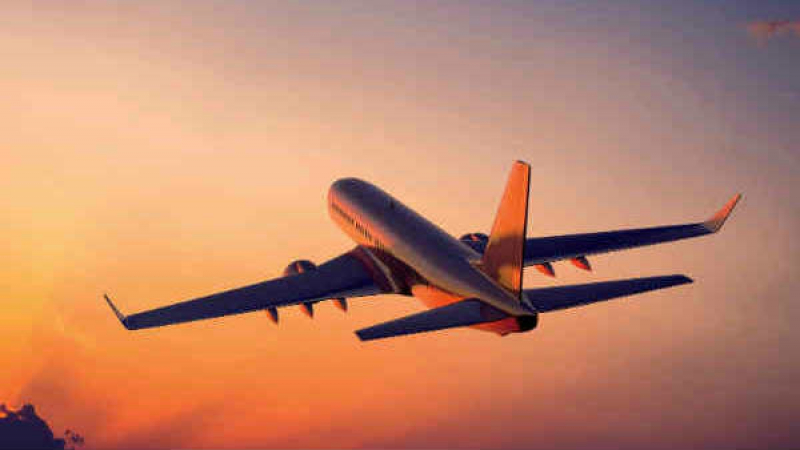
https://www.reddit.com/ 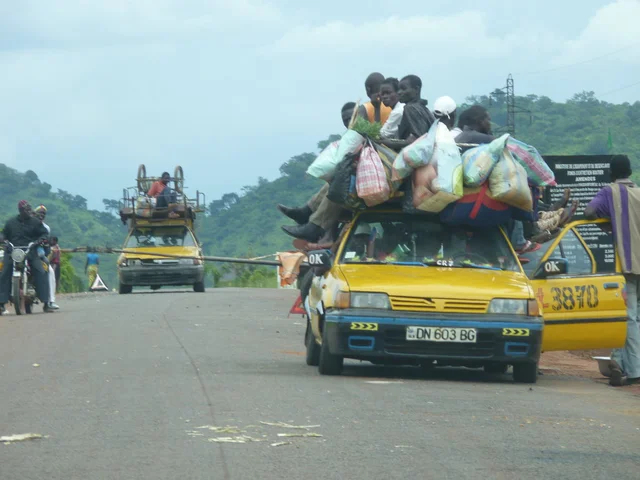
https://www.reddit.com/ -
Coming to Central African Republic, you will not be able to miss attractive attractions such as the capital of Central African Republic, or the famous parks and reserves. Bangui, the capital of the Central African Republic, is situated on the banks of the Ubangi River.
The nightlife and marketplaces, like in many African cities, are definitely worth a visit. Aside from that, the Presidential Palace is the biggest attraction of the Central African Republic. The city's natural appeal comes from its placement among the Ubangi River's rapids and the neighboring hills. Despite this, the city is in bad shape, with dusty streets and an undeveloped feel.
The so-called Grand Mosque, which includes numerous museums commemorating both the country's colonialism and the culture of its indigenous Central African Republic population, is a popular tourist destination. The sites may be seen in a few days, but if you enjoy the atmosphere, you may find yourself wanting to remain for a long period.
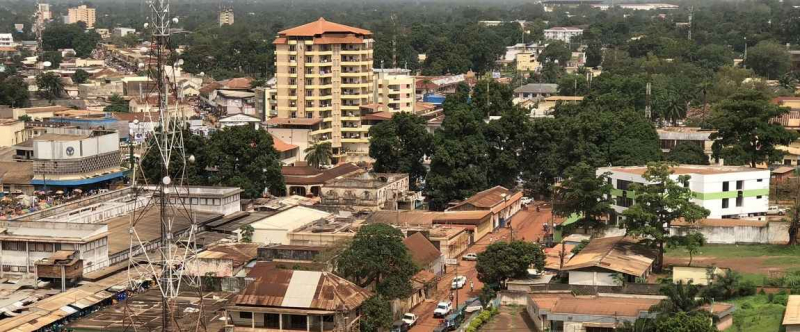
https://www.traveltourxp.com/ 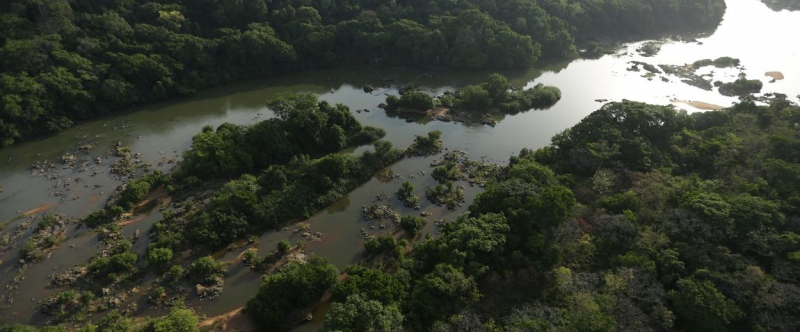
https://www.traveltourxp.com/ -
The Central African CFA franc (XAF) is the Central African Republic's national currency. It is subdivided into centimes, which are 100 smaller units. Credit cards are seldom accepted in CAR, which is predominantly a cash economy. In the nation, there are almost no ATMs. Money can only be exchanged readily in large towns such as Bangui and Berberati, and the procedure can be rather costly.
The French Monetary Area includes the Central African Republic. Credit cards are also not often accepted, with the exception of large hotels. There are no foreign ATMs in the country, and only a few businesses take major international credit or debit cards. Travelers are recommended to take traveler's checks in Euros to avoid extra exchange rate expenses. Despite this, commission rates can be rather substantial.
Importing foreign cash is not restricted as long as it is disclosed upon arrival. It is possible to export up to the amount that was imported and declared. There are no limitations on importing local currency from Benin (Rep.), Burkina Faso, Cote d'Ivoire, Mauritania, Niger, Senegal, or Togo. Importing local money from another country might cost up to XAF75,000 in total.
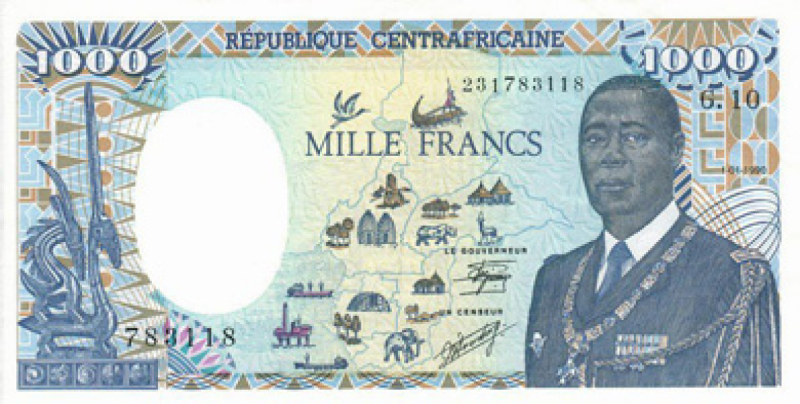
https://www.veryhungrynomads.com/ 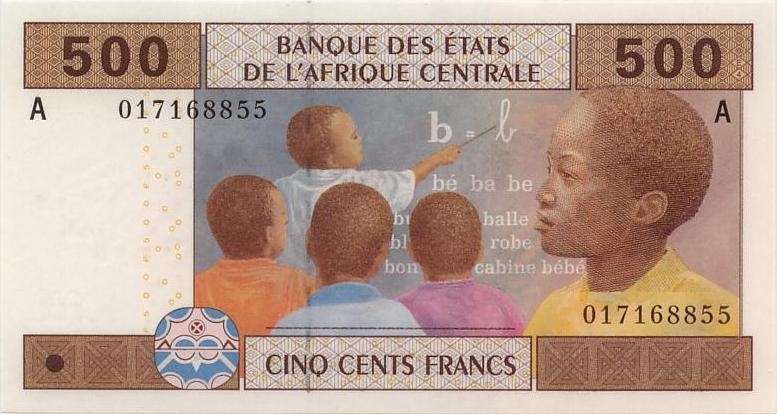
https://www.veryhungrynomads.com/ -
The cuisines, cooking traditions, techniques, ingredients, and dishes of the Central African Republic are all included in Central African cuisine (CAR). Millet, sorghum, banana, yam, okra, yellow onion, garlic, spinach, rice, and palm oil are among the country's indigenous crops. Maize, manioc (cassava), peanuts, chili peppers, sweet potato, and tomato are among the imported American crops. Onions, garlic, chilies, and peanuts are among the other foods.
Although fish is utilized in a variety of recipes in the Central African Republic, additional sources of protein include peanuts and insects such as cicadas, grasshoppers, crickets, and termites. Chicken and goat are popular meats in Central African cuisine. Baked products and makara (a sort of fried bread), sandwiches, grilled meat, and snacks are sold at roadside vendors. Caterpillars and the koko leaf are consumed in Bangui's woods and markets where forest products are marketed. Restaurants cater mostly to expats. Tubers, leaves, and mushrooms from the wild are used. Palm oil is used in a variety of recipes.
Bangui, the capital city, features western cuisine and hotel restaurants. The legal drinking age in the United States is 18. It is forbidden for Muslims to use alcohol. The PK5 neighborhood is noted for its tiny eateries that provide traditional meals at reasonable prices.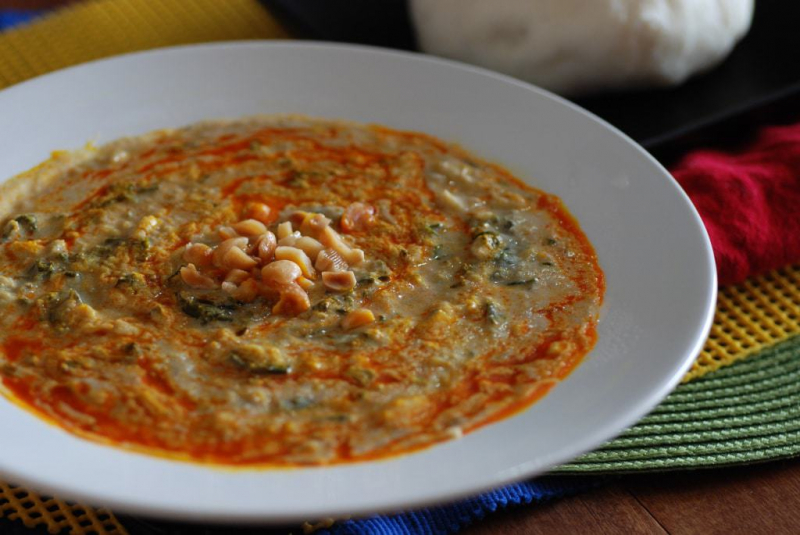
https://travel.state.gov/ 
https://travel.state.gov/ -
The holidays of the Central African Republic are not unique to them; instead, they celebrate the same festivals as the rest of the globe. Independence Day and National Day are also highly celebrated, with vibrant parades and traditional song-and-dance performances, especially in the capital city. To begin with, January 1 is a federal holiday that is commemorated with family and friend gatherings.
Cities like Bangui, which are strategically important, become very dynamic. Next, Barthélemy Boganda, a hero, was a significant national politician in the Central African Republic. His plane exploded in mid-flight above Boukpayanga, some 99 miles west of Bangui, on March 29, 1959, killing him. He died right before the parliamentary elections and is remembered every year.
Other festivals that should be on your bucket list of Things to Know Before Traveling to Central African Republic include the Assumption of the Blessed Virgin Mary. It is celebrated on August 15th, and it is a national holiday. The day is a multi-faith holiday in the Central African Republic, despite the fact that it is traditionally a Roman Catholic occasion. Processions are arranged, and holy liturgies and prayer groups are held throughout the day.
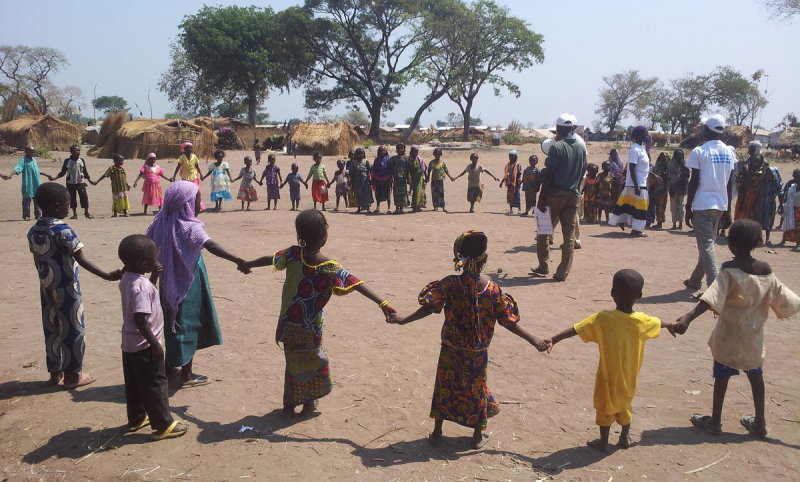
https://www.veryhungrynomads.com/ 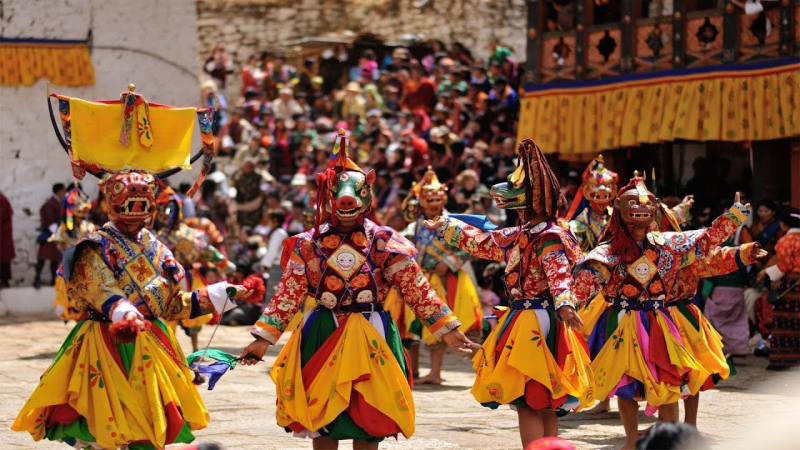
https://www.veryhungrynomads.com/












